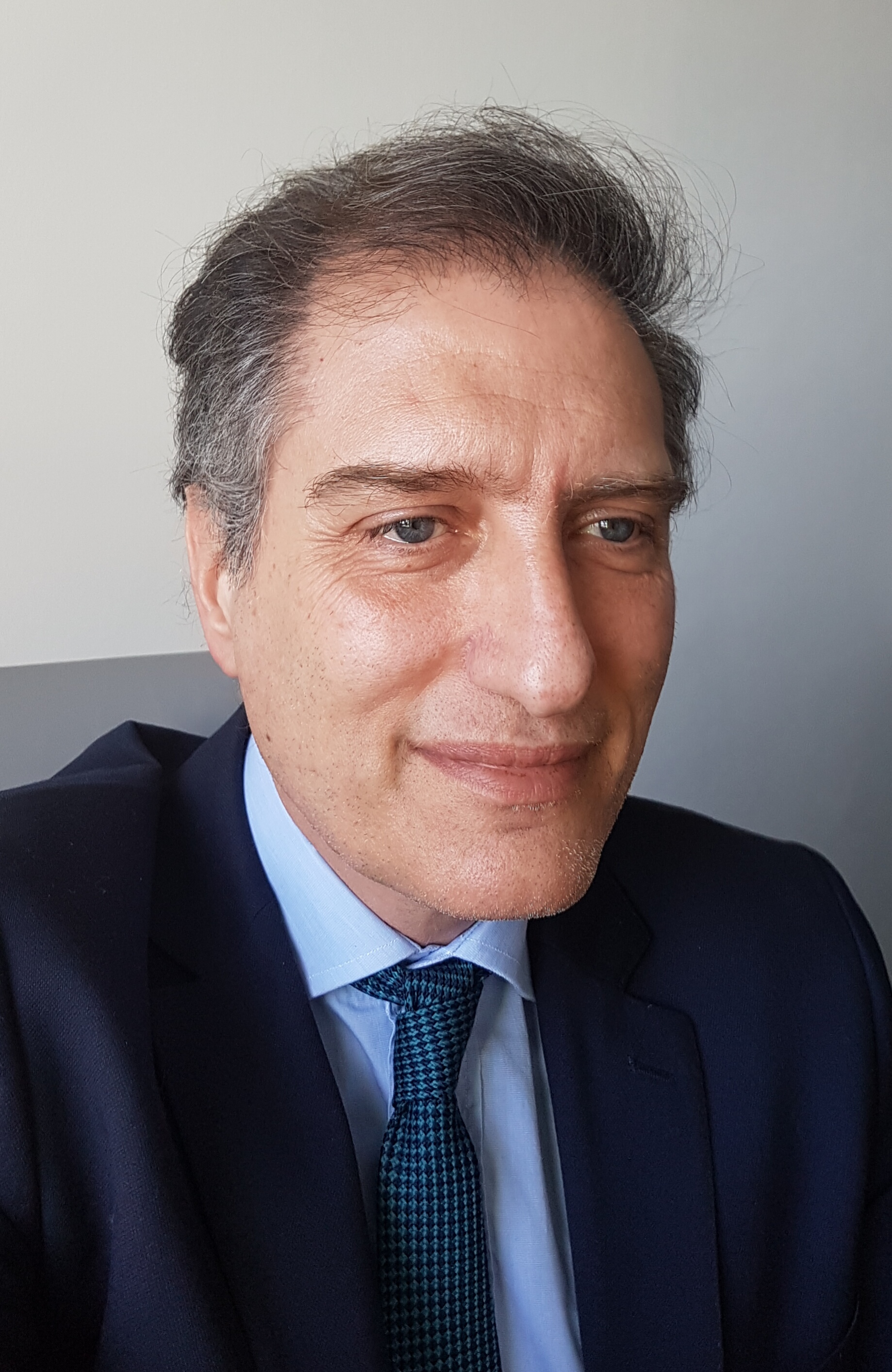An evolutionary algorithm to optimize log/restore operations within optimistic simulation platforms
Abstract
References
Index Terms
- An evolutionary algorithm to optimize log/restore operations within optimistic simulation platforms
Recommendations
Parallel discrete event simulation for DEVS cellular models using a GPU
HPC '12: Proceedings of the 2012 Symposium on High Performance ComputingThe discrete event systems specification (DEVS) simulation has been studied to analyze complex homogeneous systems which is represented by the cellular models. In the simulation of large-scale DEVS cellular model, it requires a high-performance ...
Conservative vs. optimistic parallel simulation of DEVS and Cell-DEVS: a comparative study
SCSC '10: Proceedings of the 2010 Summer Computer Simulation ConferenceThe conservative Parallel DEVS protocol offers a novel approach that allows conservative simulation of DEVS-based PDES systems. The protocol is based on the classical Chandy-Misra-Bryant synchronization mechanism, and it extends the DEVS abstract ...
Parallel VHDL simulation
DATE '98: Proceedings of the conference on Design, automation and test in EuropeIn this paper we evaluate parallel VHDL simulation based on conservative parallel discrete event simulation (conservative PDES) algorithms. We focus on a conservative simulation algorithm based on critical and external distances. This algorithm exploits ...
Comments
Information & Contributors
Information
Published In

- General Chairs:
- Jason Liu,
- Francesco Quaglia,
- Program Chairs:
- Stephan Eidenbenz,
- Stephen Gilmore
Sponsors
- ICST
In-Cooperation
Publisher
ICST (Institute for Computer Sciences, Social-Informatics and Telecommunications Engineering)
Brussels, Belgium
Publication History
Check for updates
Author Tags
Qualifiers
- Research-article
Conference
Acceptance Rates
Contributors
Other Metrics
Bibliometrics & Citations
Bibliometrics
Article Metrics
- 0Total Citations
- 57Total Downloads
- Downloads (Last 12 months)0
- Downloads (Last 6 weeks)0
Other Metrics
Citations
View Options
Get Access
Login options
Check if you have access through your login credentials or your institution to get full access on this article.
Sign in

